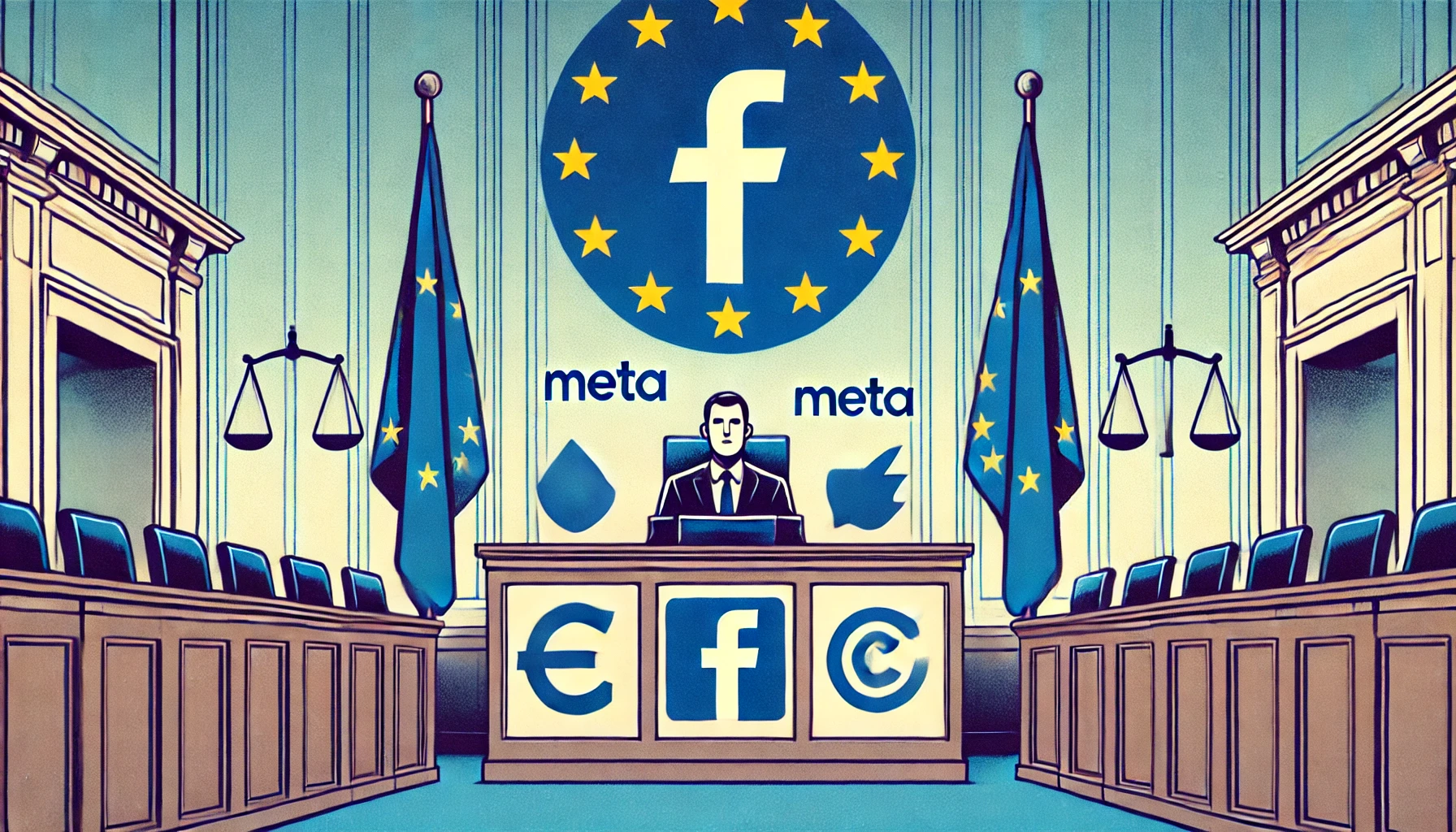
What could be a significant development in the legal sense, the European Union has charged Meta, Facebook’s parent company, with having an ad via Pay-Vilnius that breaks the bloc’s competition laws. That comes after a detailed investigation by the European Commission, to ensure fair competition in the digital market and consumer protection.
Background Information and Allegations
The European Commission’s investigation into Meta’s Pay-Vilnius ad campaign exposes supposed anti-competitive practices it engages in. Meta is accused of using its leading social media position to advertise its services unfairly at the expense of smaller rivals, taking choices away from them. These allegations are part of broader European scrutiny, pointing toward concerns that Meta has been giving preferential treatment to its payment services, thus distorting competition and breaking monopoly rules with biased algorithms and exclusive promotions.
Legal and Economic Consequences
The charges against Meta underline how serious a line the EU is taking vis-à-vis setting regulations into motion on big tech and enforcing compliance with competition laws. In case of guilt, Meta could be ordered to pay massive fines and might be compelled to alter European business practices. These could run into billions of euros, depending on the seriousness and length of time over which such violations occurred.
A financial loss for Meta
Additionally, it’s more than a financial loss for Meta. It sets a legal precedent, solidifies EU regulation, and warns big-tech firms against anti-competitive behavior. The case could lead to stricter oversight of digital platforms, reaffirming the EU’s dedication to a competitive digital market that benefits consumers with more choices, improved services, and fairer prices.
Meta’s response follows
Meta has denied the wrongdoing at every step, saying that its Pay-Vilnius campaign was legal and pro-competitive, increasing consumer choice. The organization further expresses that its practices increase innovation and competition rather than decrease them. The European Commission has already led to some accommodative moves for appeal against the ruling by Meta’s lawyers, who say it misconceives its business strategies as anti-competitive.
”European Commission building with the EU flag, Meta logo facing smaller tech logos—a visual of regulatory dynamics in tech”.
The tone of this defense foreshadows an epic legal battle ahead, closely watched by industries, rivals, and regulators globally. This is to say that what Meta is trying to argue is that the current market practice is not only in the best interests of consumers but also legal under competition laws. Their case outcome would be crucial and may turn into a trend-maker across the digital platforms working terrain in the EU.
Broader Context
The charges against Meta are part of a broader EU strategy to regulate big digital platforms and avoid market abuse, thus putting corresponding legislation in place—the Digital Markets Act and the Digital Services Act—laying the groundwork for a more equitable, more balanced digital economy.
DMA and DSA: EU’s Dual Approach to Digital Regulation
For instance, while the DMA is aimed at putting more stringent requirements on those companies that are considered “gatekeepers” because of high market power and thereby tries to prevent any unfair practices, providing less prominent companies with a more balanced playing field in which to operate, the DSA targets greater transparency and accountability of digital services, enhancing consumer protection across the EU.
Meta Case: Crucial Test for EU’s Regulatory Stance on Big Tech
Proceedings against Meta will thus develop into a highly scrutinized process by the technology sector and policymakers more broadly. The charges brought out particular attention to the ever-continuing tensions between regulators and big tech. Still, they underline how serious the EU is about keeping up a competitive environment within its market. The ruling on the case against Meta will likely set precedence for future regulatory approaches and could mean much tighter controls for digital platforms in the years ahead.
Conclusion
The ruling against Meta over its Pay-Vilnius ad campaign could be one of the most important decisions ever taken under the control of digital markets. The outcome may portend serious overtures for Meta and other American tech giants seeking to do business in Europe. As the litigation proceeds, it will be very instrumental to note how this case shapes the future of digital competition and regulation in the EU.












